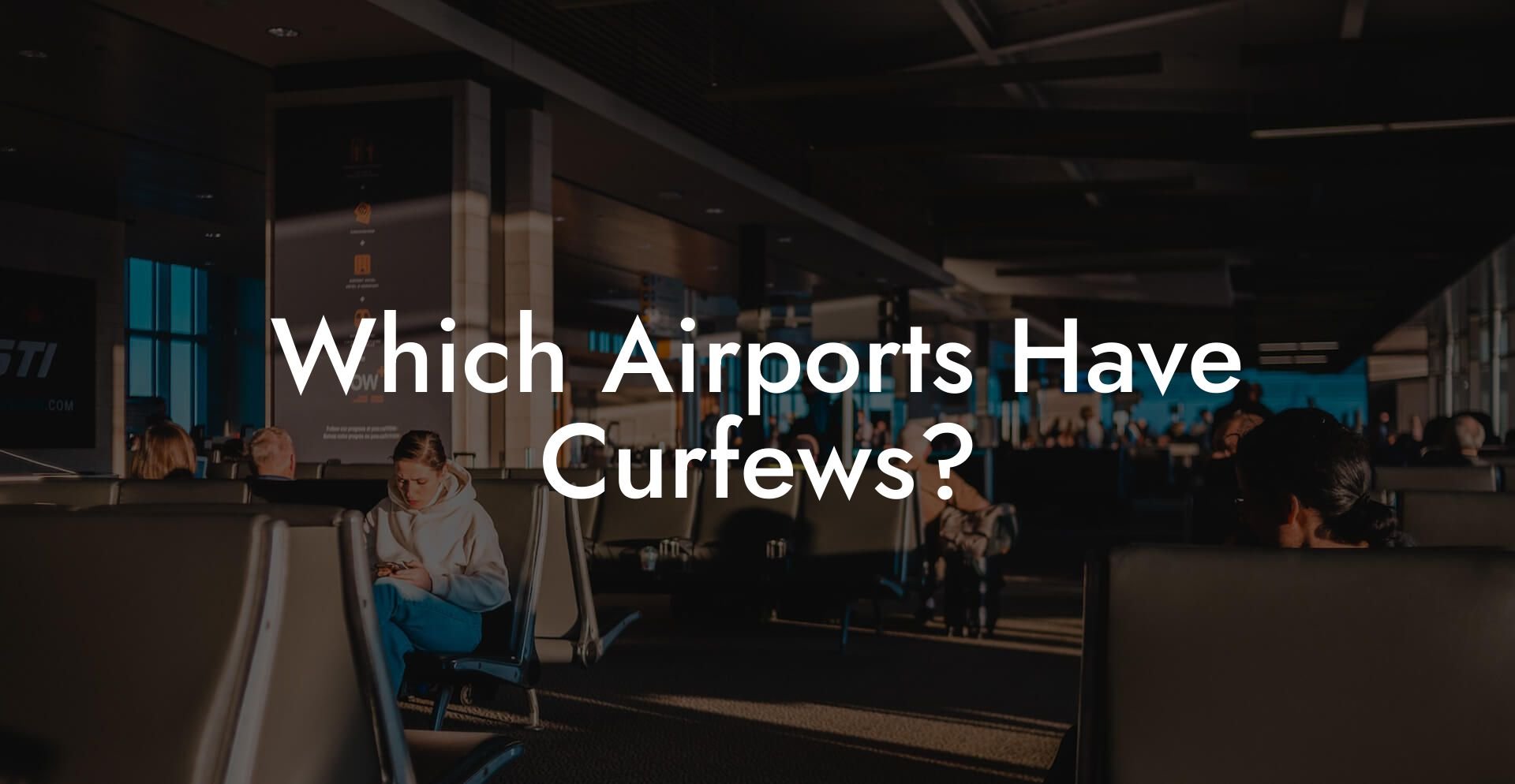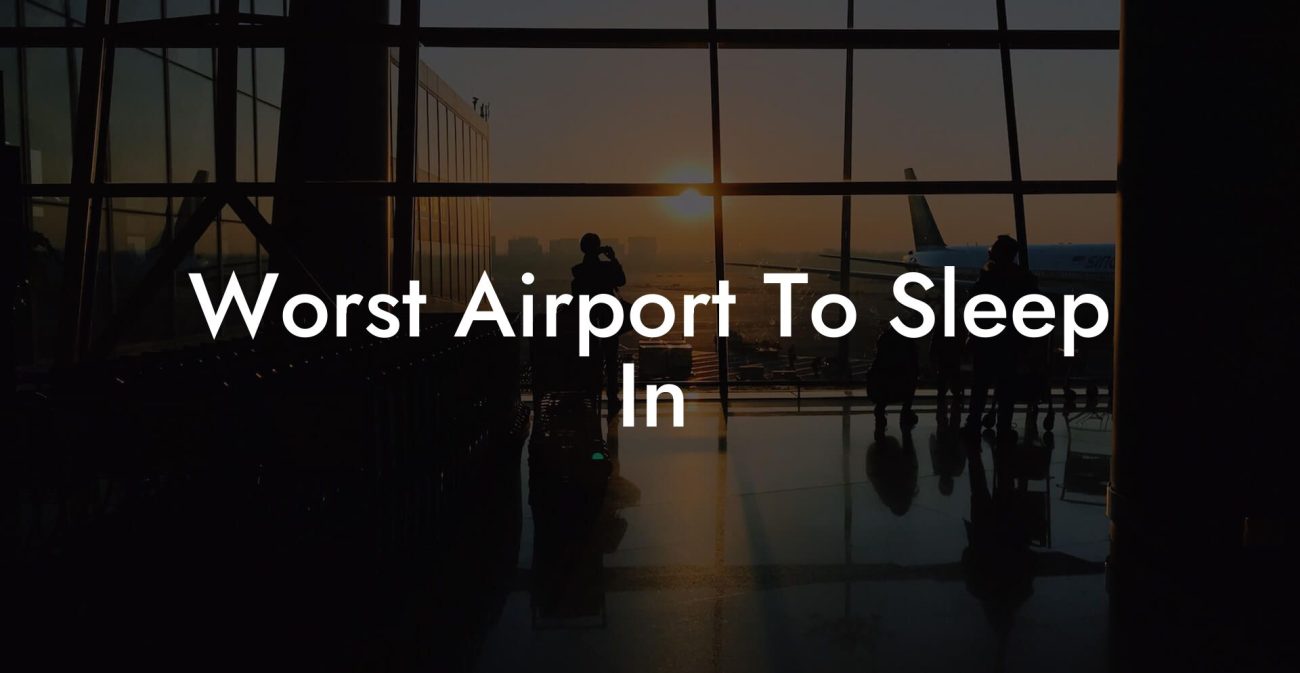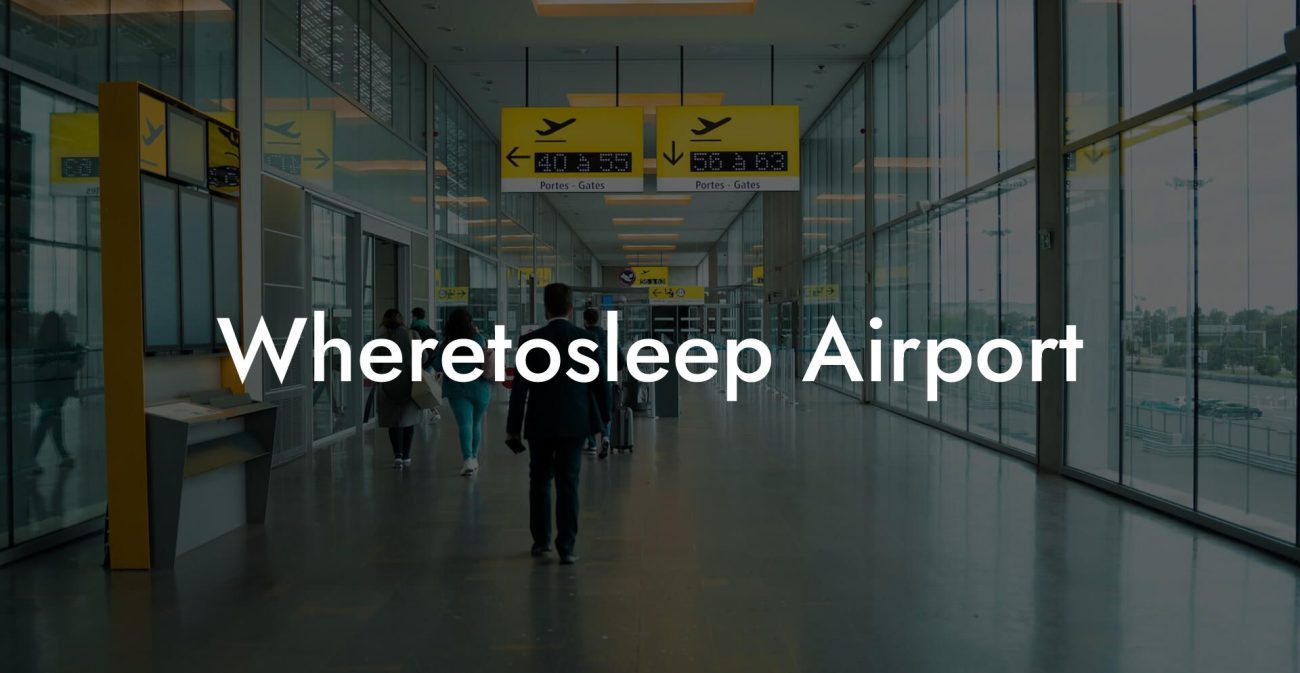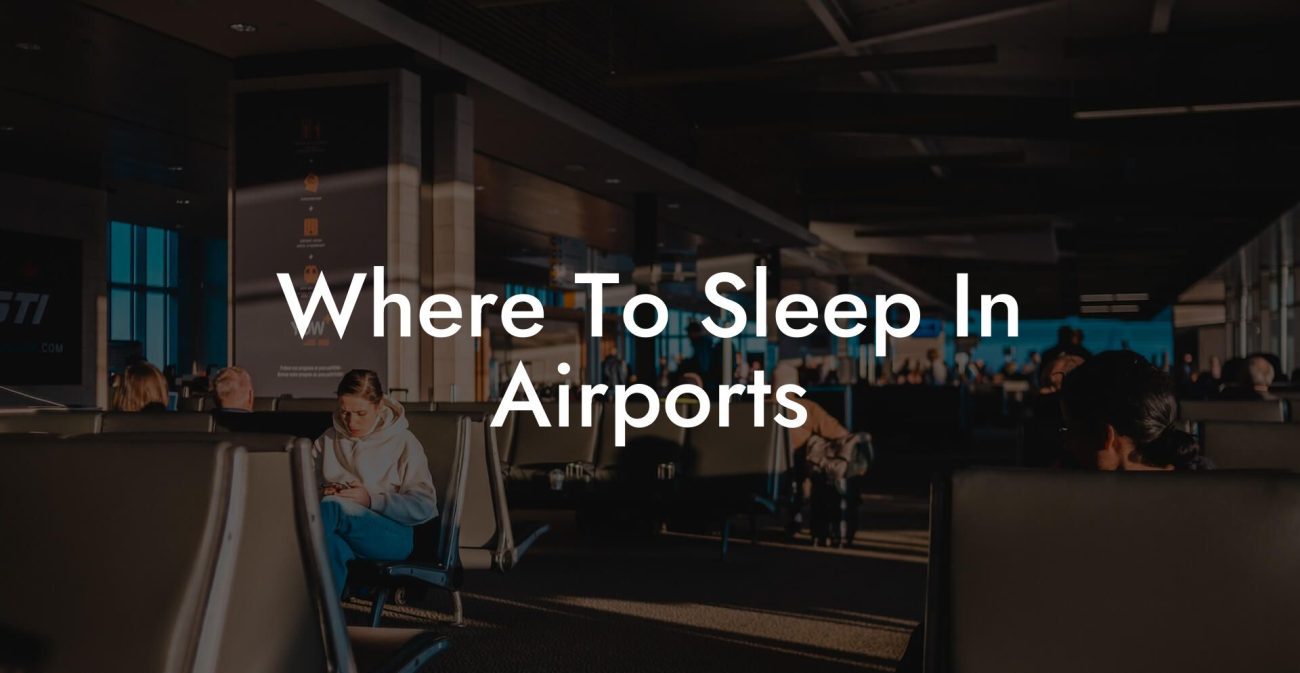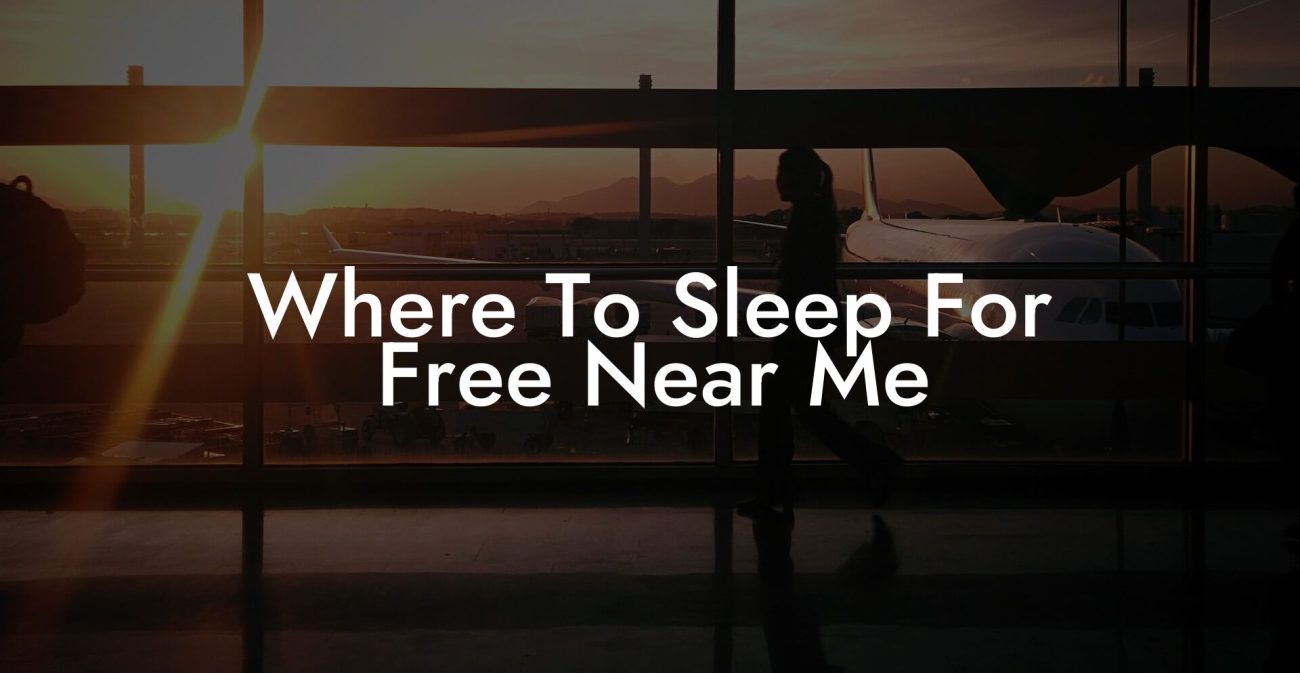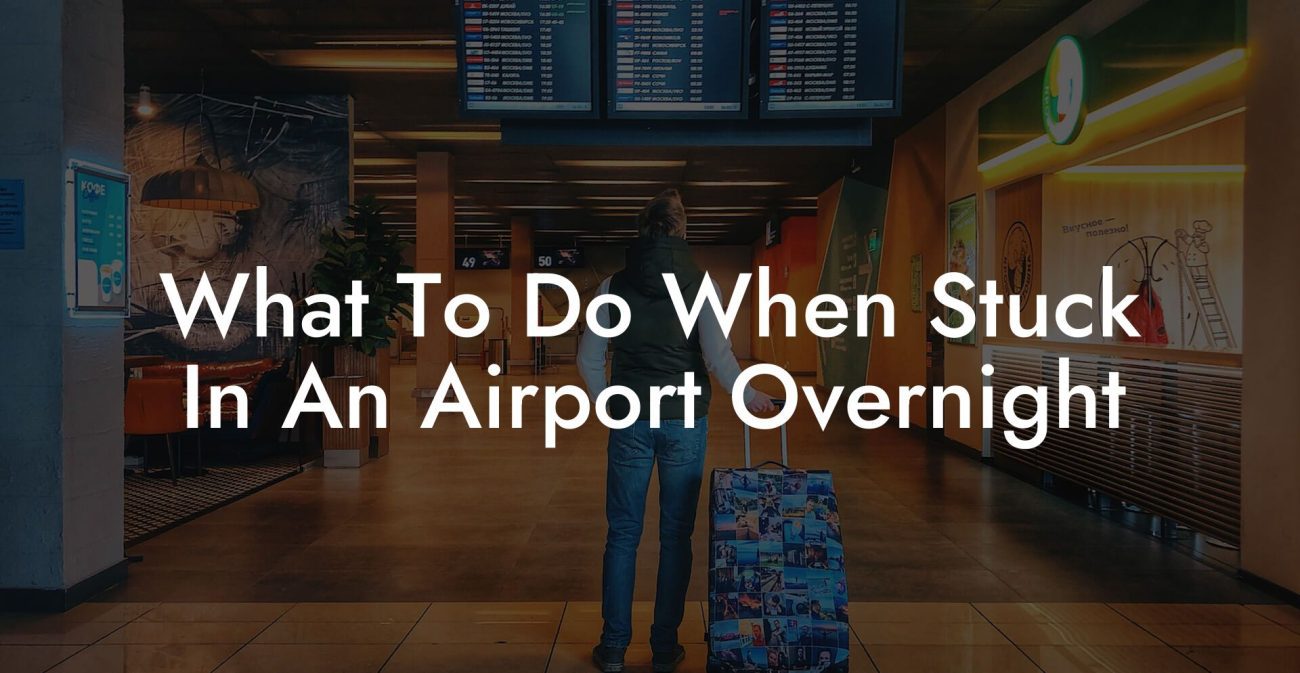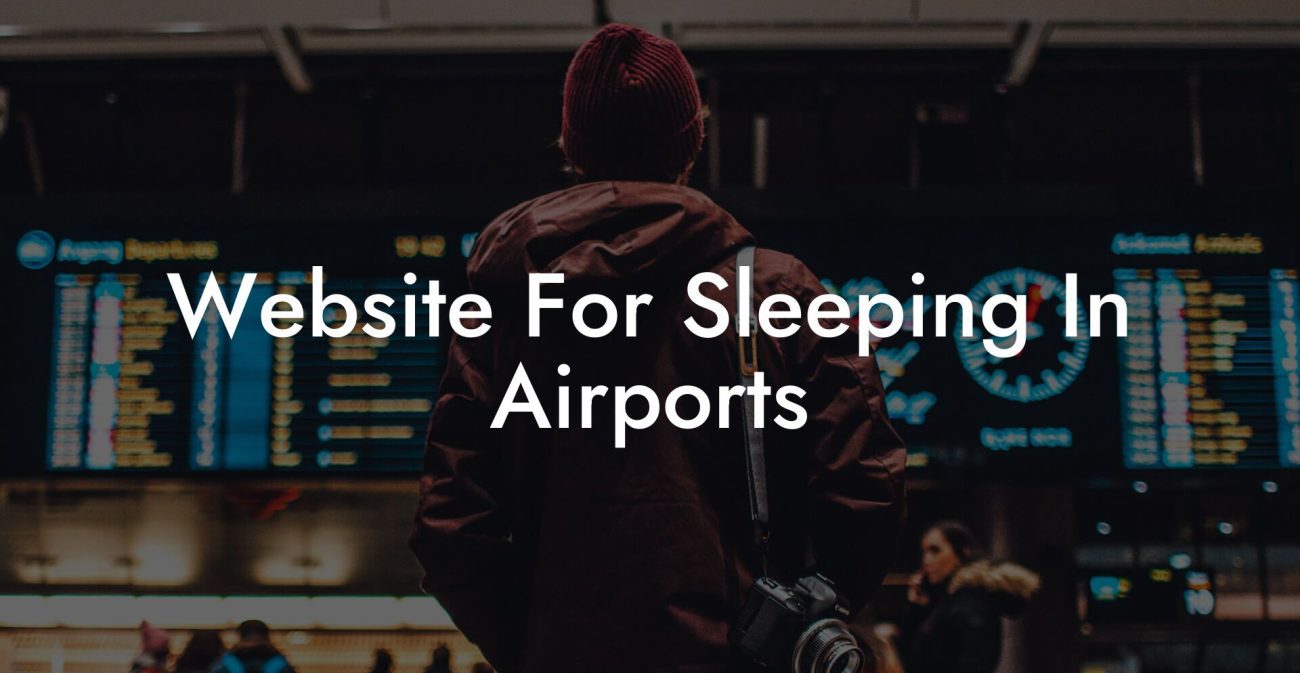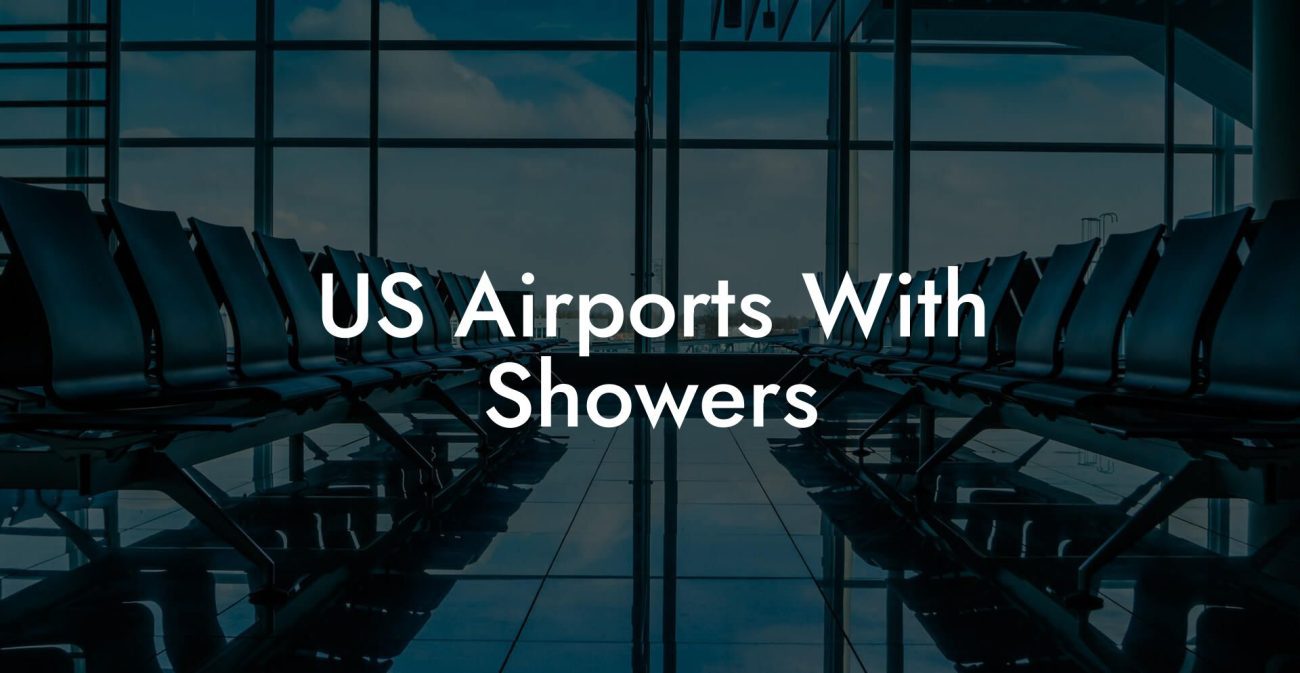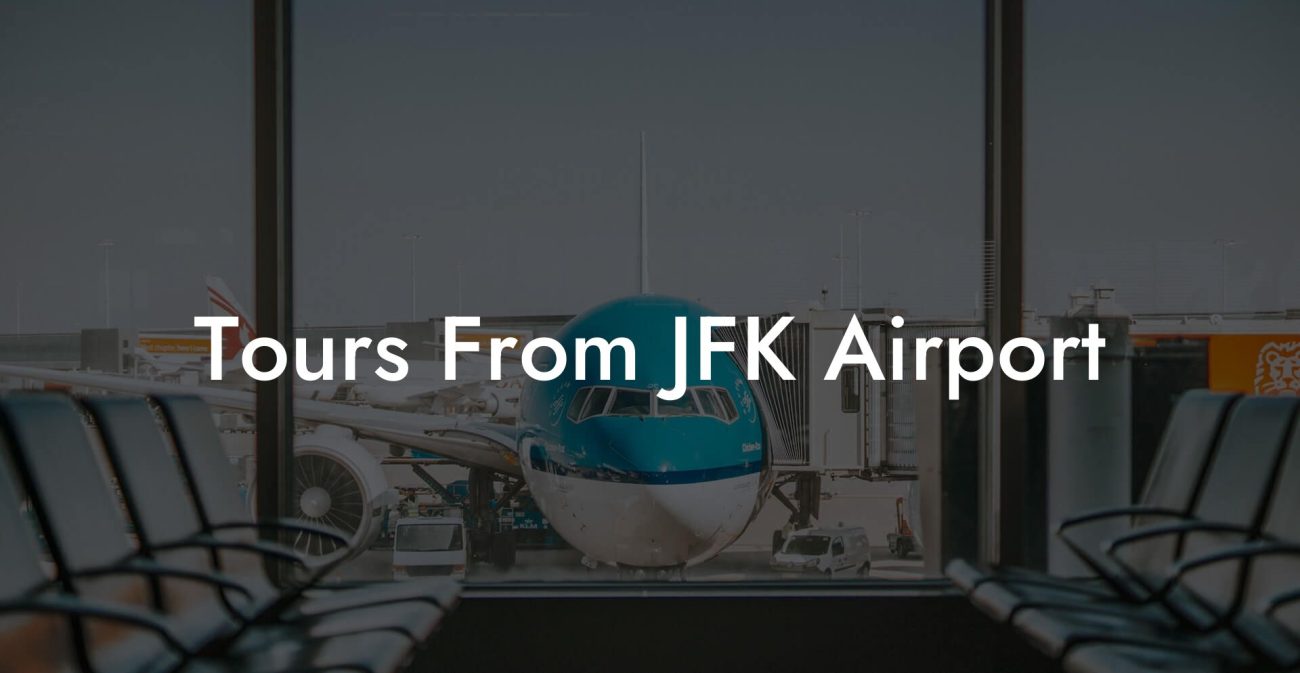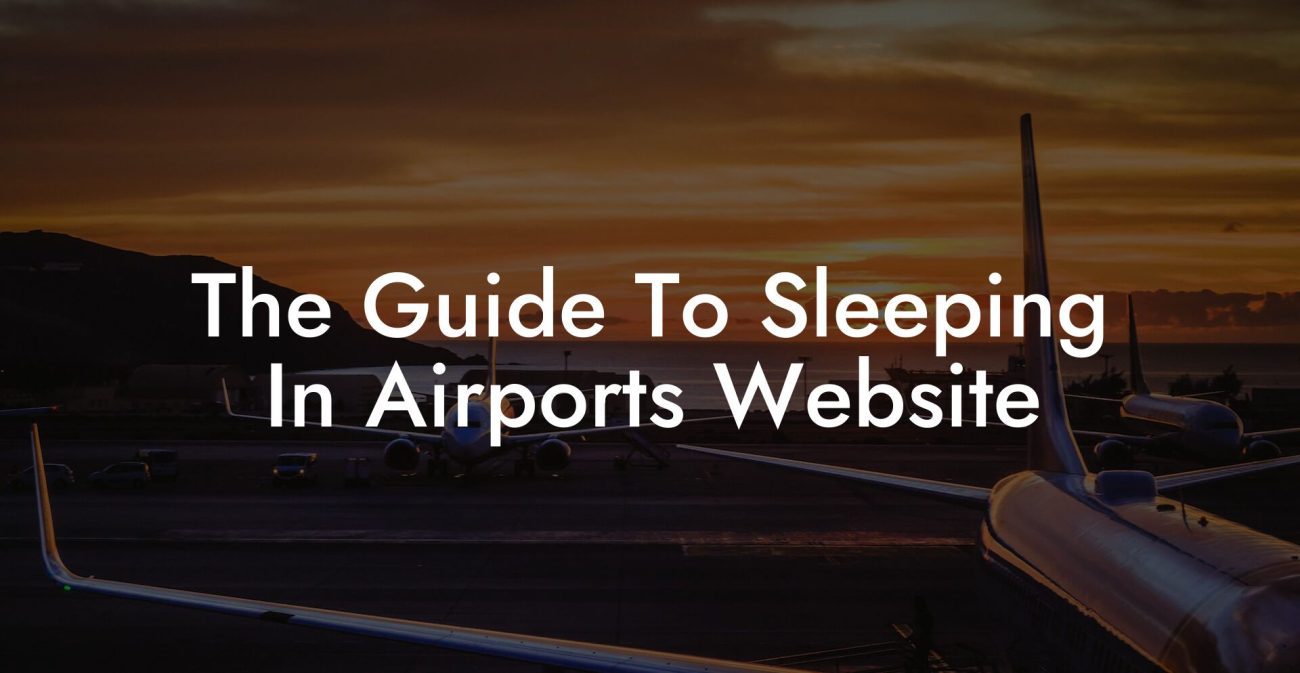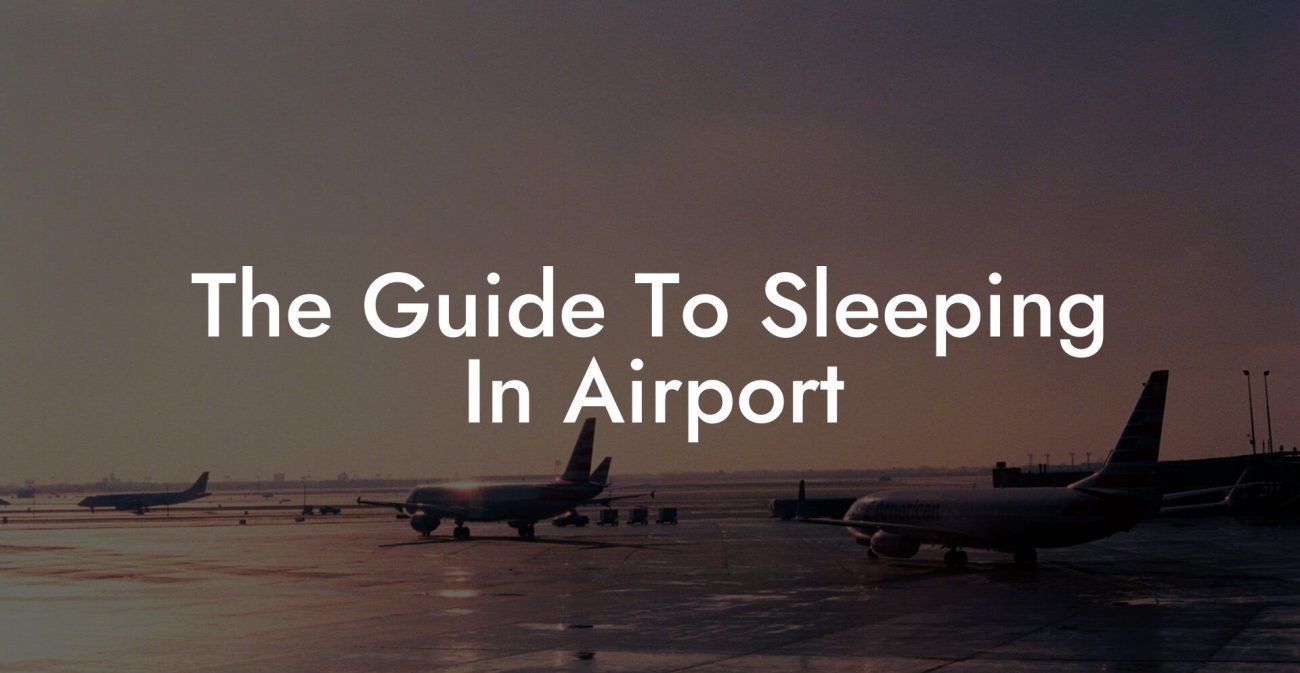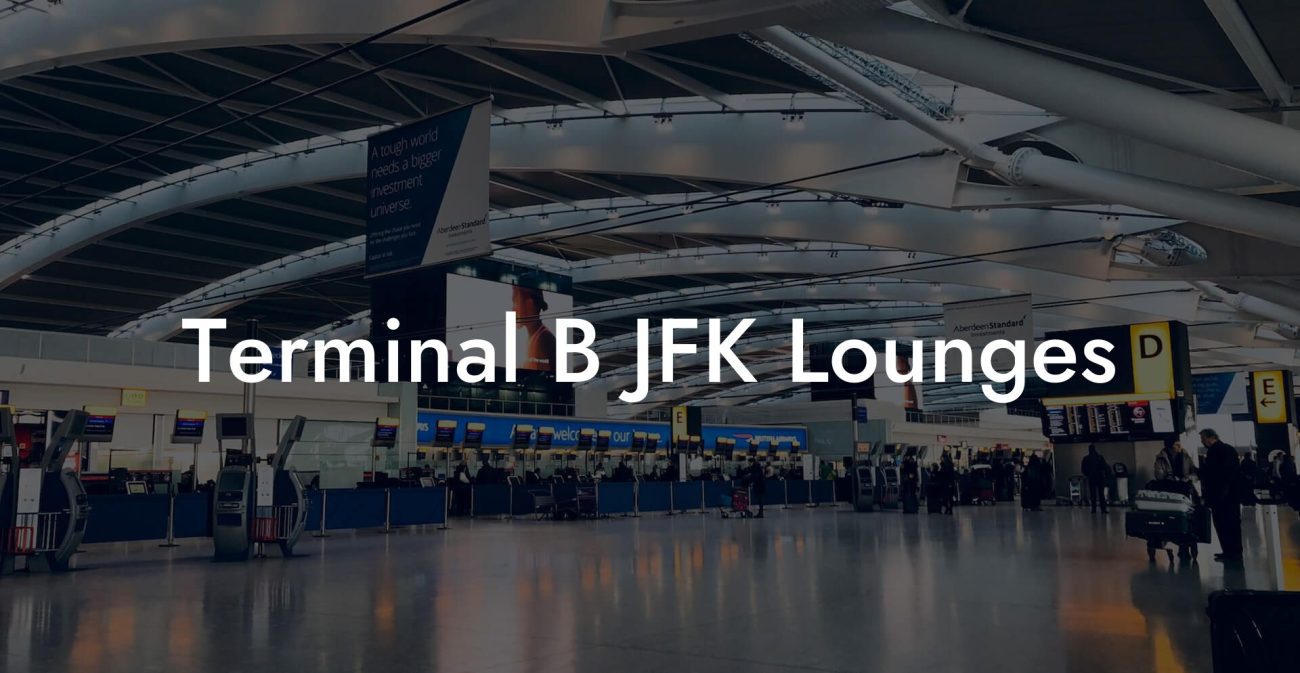Imagine this: after an exhausting long haul flight, you finally touch down at your destination, only to find out that the airport is closed and no ground transportation is available. Or, you need to catch an early morning flight, but you can’t enter the airport due to a nightly curfew. Frustrating, right?
Which Airports Have Curfews Table of Contents
Airport curfews can have a significant impact on travelers by affecting flight timings, leading to unanticipated layovers and reduced sleeping hours. In this comprehensive guide, we delve into which airports have curfews and how to navigate them smoothly. Before we explore the list, let’s understand what airport curfews are and why they exist.
What is an Airport Curfew, and Why Does It Exist?
An airport curfew is a period during which flights are restricted from taking off or landing at an airport. Curfews typically aim to reduce noise pollution from aircraft and maintain a balance between the aviation industry’s needs and the preservation of local quality of life.
Curfews can be broadly classified into two categories: night-time and operational. Night-time curfews prohibit flights during late-night to early morning hours, while operational curfews limit the number of flights during specific time intervals throughout the day.
Which Airports Have Curfews?
1. Sydney Airport, Australia (SYD)
Sydney Airport has one of the strictest curfews globally, with flight restrictions between 11 pm and 6 am. Additionally, there are several limitations on the number of flights permitted per hour during peak times.
2. Frankfurt Airport, Germany (FRA)
As one of the busiest airports in Europe, Frankfurt Airport enforces a night curfew from 11 pm to 5 am. During this time, only a limited number of flights with low noise emission levels are allowed to operate.
3. Orange County’s John Wayne Airport, USA (SNA)
The airport imposes a night-time curfew between 10 pm and 7 am on weekdays and 8 am on weekends. It also has a cap on the number of daily arrivals and departures.
4. London Heathrow Airport, UK (LHR)
London Heathrow, one of the world’s busiest airports, also enforces a night-time curfew. Flights are restricted between 11:30 pm and 6 am, with very few exceptions.
5. Tokyo Haneda Airport, Japan (HND)
Haneda Airport has restrictions on flights between 11 pm and 6 am but offers more flexibility than other airports as some flights can still operate during these hours.
6. Auckland Airport, New Zealand (AKL)
Between 10 pm and 7 am, only a limited number of flights with low noise emission levels are allowed at Auckland Airport.
7. Brussels Airport, Belgium (BRU)
In response to noise concerns, Brussels Airport imposed a night-time curfew from 11 pm to 7 am.
8. Mumbai’s Chhatrapati Shivaji International Airport, India (BOM)
Currently undergoing major renovations, the airport’s main runway imposes a curfew between 11:30 pm and 4:30 am.
Which Airports Have Curfews? Example: Picture yourself flying from New York to Sydney with a layover in Frankfurt. Due to curfews, you must wait a few hours for a connecting flight, which leads to extended layover time. In such cases, the availability of airport sleeping pods can help you catch up on rest and be refreshed for the next leg of your journey.
Frequently Asked Questions
What is an airport curfew?
An airport curfew refers to a specified period during the night or early morning when takeoffs and landings are restricted. This is usually put in place to minimize noise pollution and disruptions to surrounding residential areas.
Why do airports have curfews?
Airports implement curfews to reduce the impact of aircraft noise on nearby communities, especially during the nighttime when people are more likely to be sleeping. They also help in managing air traffic during less busy times.
How common are airport curfews?
Curfews are relatively common at urban airports around the world, particularly those close to residential areas. However, their strictness and the hours during which they apply can vary greatly depending on the airport and local regulations.
Can flights still operate during curfew hours?
Generally, scheduled commercial flights are not permitted to take off or land during curfew hours. However, there can be exceptions for emergency landings, certain types of aircraft, or flights that have received special dispensation.
Are curfews the same at all airports?
No, airport curfews can differ widely. They may vary in duration and strictness. Some may only apply to certain types or volumes of aircraft, while others may be blanket curfews applying to all flights.
Do curfews affect flight prices?
Curfews can indirectly affect flight prices as they limit the number of flights that an airport can handle, potentially leading to higher demand for slots outside of curfew hours. This can sometimes result in higher prices for passengers.
What happens if a flight is delayed and arrives during curfew?
If a flight is delayed and arrives during curfew hours, it might have to divert to another airport or wait until the curfew period ends. This depends on the specific rules of the airport and whether there are dispensations for delays beyond the airline’s control.
How do curfews impact airport operations?
Curfews can require airports to adjust their operational schedules, concentrating flights in the non-curfew hours. This can lead to busier peak times and require additional coordination to manage air traffic.
Are there penalties for violating an airport curfew?
Yes, airlines or pilots that operate flights during curfew hours without permission can face fines and other penalties. The specific consequences depend on the airport’s policies and local laws.
Can private jets operate during curfews?
Private jets are typically subject to the same curfew restrictions as commercial flights, but may occasionally obtain exemptions or be subject to different rules depending on the airport.
Are curfew regulations the same for cargo flights?
Cargo flights often have more leeway with curfews, especially since they play a crucial role in logistics and supply chains. The exceptions vary by airport and are subject to individual airport regulations.
Do all countries enforce airport curfews?
Not all countries enforce airport curfews. It largely depends on the local regulations, the size of the airport, and its proximity to residential areas.
How do I find out if an airport has a curfew?
Information on airport curfews can usually be found on the airport’s official website or through the respective civil aviation authority. Airlines also have access to this information and can advise passengers accordingly.
Do curfews affect both international and domestic flights?
Yes, curfews typically apply to both international and domestic flights equally, unless specified otherwise by the airport’s regulations.
How are medical and emergency flights affected by curfews?
Medical and emergency flights are usually exempt from curfew restrictions due to their urgent nature. They are typically allowed to operate at any time necessary.
Can airports change or remove curfews?
Airport authorities can modify or remove curfews, but such changes often involve complex considerations, including community feedback, legislative processes, and environmental impact assessments.
How long have airport curfews been in place?
Airport curfews have been implemented for several decades, with some of the earliest restrictions dating back to the 1960s and 1970s as jet aircraft became more prevalent and noise concerns grew.
Are new airports built with curfews in mind?
Yes, when planning new airports, authorities often consider the potential need for curfews as part of their environmental impact assessments and community relations strategies.
What are “noise quotas” in relation to airport curfews?
“Noise quotas” refer to the allocation of noise levels that an airport is allowed to produce within a curfew period. These are sometimes used in conjunction with curfews to manage and measure the airport’s noise output.
Can I request compensation if my flight is affected by a curfew?
Compensation policies vary by airline and jurisdiction. If a flight is delayed or canceled due to a curfew, passengers may be entitled to compensation or rebooking options based on the airline’s policy and local consumer protection laws.
What strategies do airports use to manage curfews?
Airports use a variety of strategies to manage curfews, including scheduling flights outside of curfew hours, using quieter aircraft, implementing noise abatement procedures, and working with airlines to reduce operational impacts.
In conclusion, curfews at different airports can affect your travel plans, and being aware of these restrictions can help you plan better. Remember to check your layovers and connecting flight timings while booking flights passing through airports with curfews. And don’t worry, if you find yourself with unexpected downtime at an airport, our extensive guides on airport sleeping pods and tips for sleeping at airports will make sure you have a comfortable and stress-free experience. So, don’t forget to share this post with fellow travelers and explore other blog posts here at Airport Sleeping Pods for more airport-related insights!

